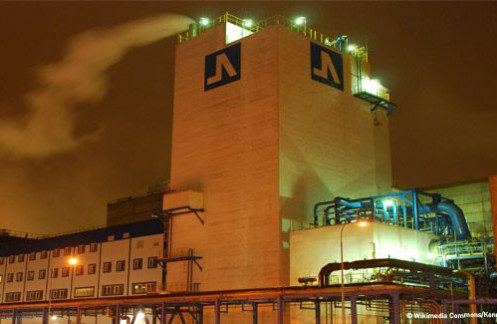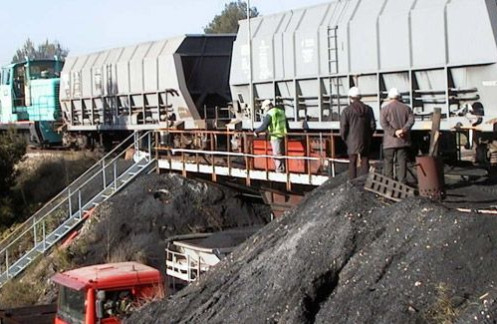Octane is simple and user-friendly. It lets us quickly examine numerous scenarios and generates an optimized solution within an hour, including data entry time. With our old system, we had to wait nearly a week to get a result!Arnaud LECLERCQHead of Logistics Management - Total
Total operates seven refineries (wholly or jointly-owned) and roughly thirty depots throughout France. The depots are supplied with fuel via pipelines, trains or ship. The 3,000 service stations operated by the Total network are grouped together geographically at the township level. A township can include several service stations which are supplied with fuel by tanker trucks. These trucks are filled either directly at a refinery or in one of the depots scattered throughout France.
Total’s objective is to optimize fuel distribution within a geographic area in relation to a resource location. Reducing distribution costs while meeting market requirements is a complex problem, however, as numerous factors can become involved that disrupt a normally satisfactory solution: these factors range from a depot closure to a change in the resource’s origin.
A small team of logistics experts based at La Défense, in the Paris area, is in charge of studying how to continually optimize the distribution chain. Until 2004, these data-intensive studies were conducted with software that was not very data entry-friendly.
Total thus launched a call for tenders, which was won by EURODECISION. In just a few months, the software vendor developed a solution based on Eurodecision’s SCOP Network Design optimization software which offers a distance manager and a mapping module for representing distribution flows. All results can be exported to an Excel spreadsheet. Named Octane, the software has been operational since autumn 2004.
Since optimization is applied for a given delivery point, the service stations within a township are all delivered by the same depot or refinery. The tankers feature compartments for transporting several types of products (gasoline and diesel fuel). Each simulation takes the delivery requirements of each service station into account in terms of business days and hours. All specific transport information is integrated, including one- or two-driver trucks, maximum daily driving time, loading and delivery times, toll charges, etc… The distance manager automatically provides the mileage subject to toll charges.
The Octane software proved to be an extremely invaluable tool in studying “What if?” type scenarios. For example, what would be the impact if a depot closed? What would be the impact if the origin of the resource were changed? Easy comparison of an optimization plan with a baseline solution is ensured via mapping the changes.
Once all the data has been entered, it takes Octane a few minutes to thoroughly examine all the possibilities and generate the most optimal solution.
Total is satisfied with this initial experience and now plans to factor in bordering countries in Octane’s supply chain simulations.






